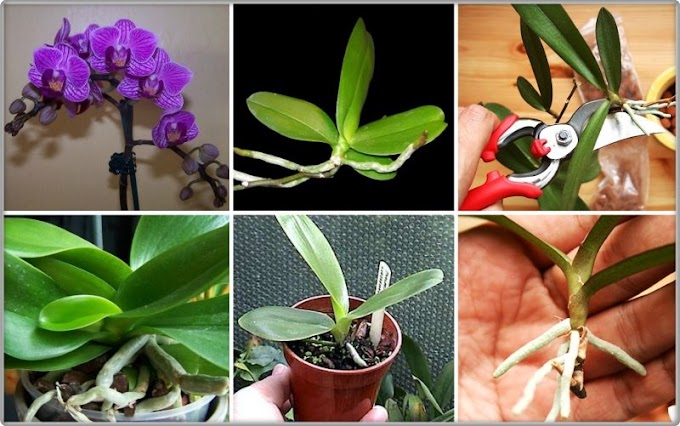Peace Lily (Spathiphyllum wallisii) is an attractive indoor flower known for its ability to thrive in low light. It grows up to 4 feet (1.2 m) in height and produces pale white flowers that give off a pleasant fragrance and last a long time. Sometimes, however, Peace Lilies suffer from browning or yellowing leaves.
Reasons
Normally, Peace Lily leaves are long and dark green, emerging directly from the soil and growing up and out. The leaves are strong and oval shaped, narrowing to a point at the tip. They are durable, and often the biggest problem they encounter is that they collect dust and need to be wiped off periodically.
Sometimes, however, the edges of Peace Lily leaves turn a sickly yellow or brown color. The root of the problem is almost definitely water related. This browning can be caused by too little or too much watering.
There is a good chance, however, that it is due to a buildup of minerals. Since Peace Lilies are primarily kept as houseplants, they are almost always watered with tap water. If you have hard water in your house, it may be accumulating too much calcium in your plant’s soil.
Conversely, this mineral buildup is just as likely if you use a water softener. Some minerals are good, but too many can build up around your plant’s roots and slowly suffocate it.
Treating
Spathiphyllum leaf problems like this can normally be cleared up fairly easy. If you have a Peace Lily with brown tips, try watering it with bottled drinking water.
First, flush the plant with lots of bottled water until it runs out of the drainage holes. The minerals will bond with the water and wash away with it (if you can see white deposits around the drainage holes, mineral buildup is almost definitely your problem).
After this, water your Peace Lily like normal, but with bottled water, and your plant ought to recover just fine. You can also snip out unsightly brown/yellow leaves.
source
,
Random Post
https://succulents-garden.blogspot.com/search/label/DIY
Recent-Post
10/recent/post-list
Popular Posts
Recent Posts
8/recent/post-list
Created By SoraTemplates | Distributed By Blogger Templates




